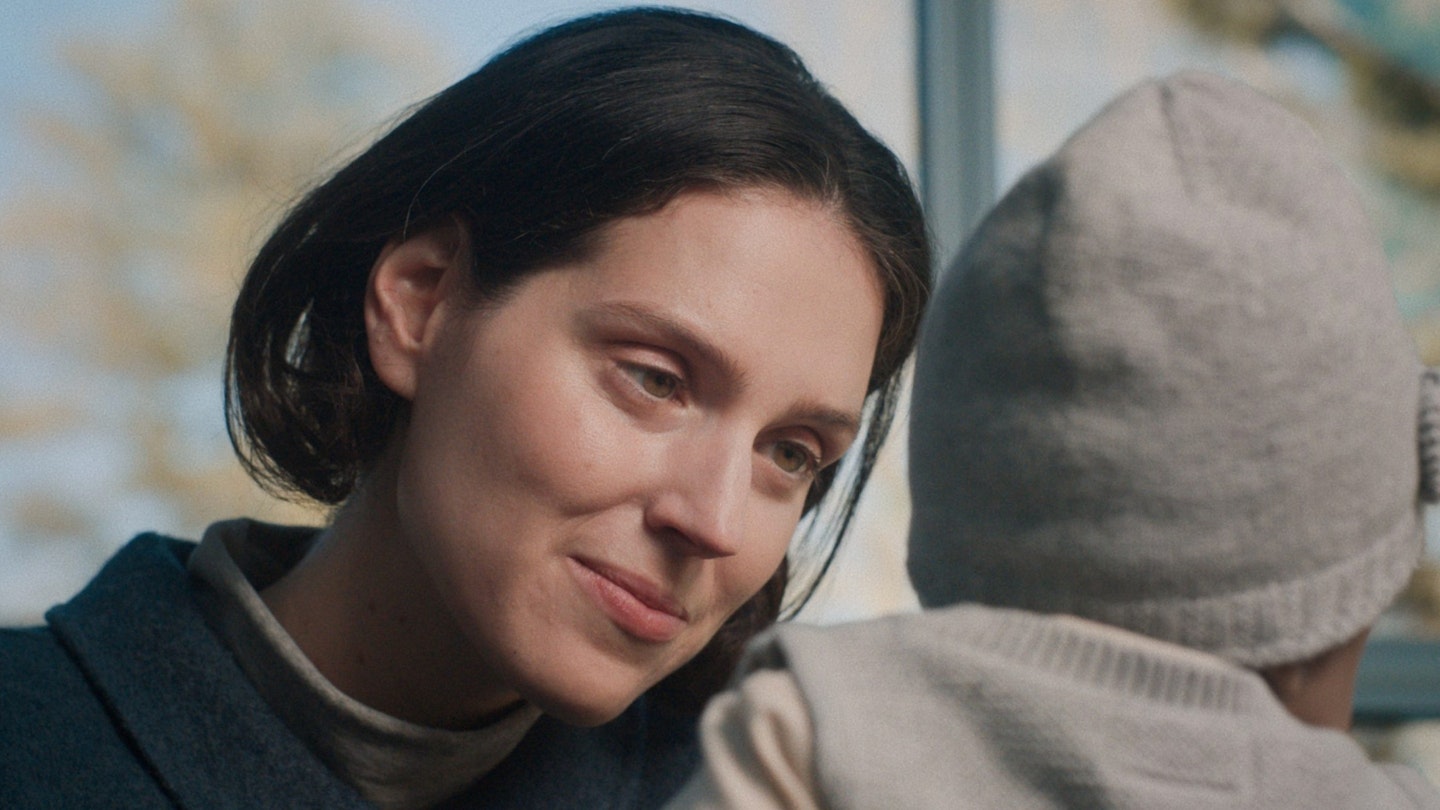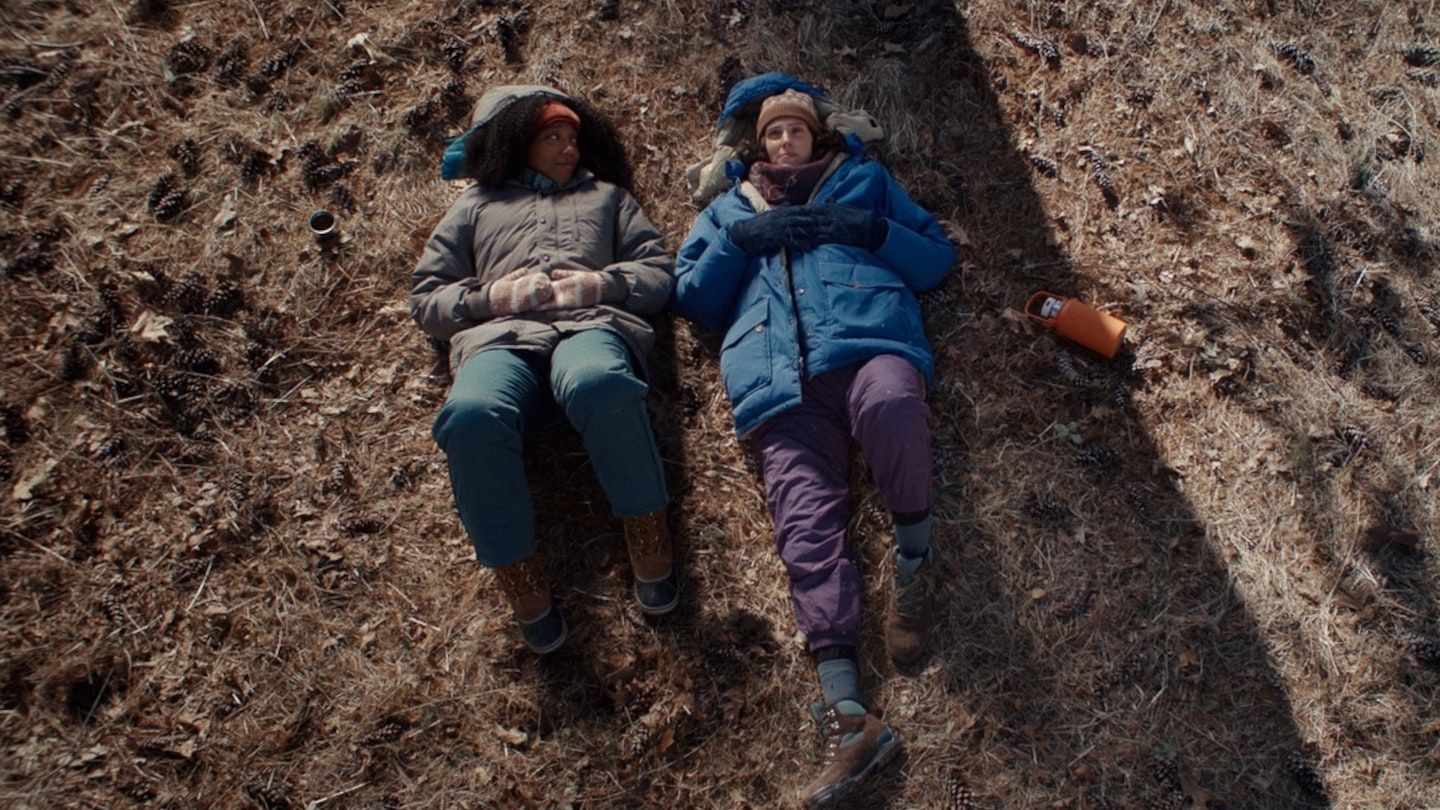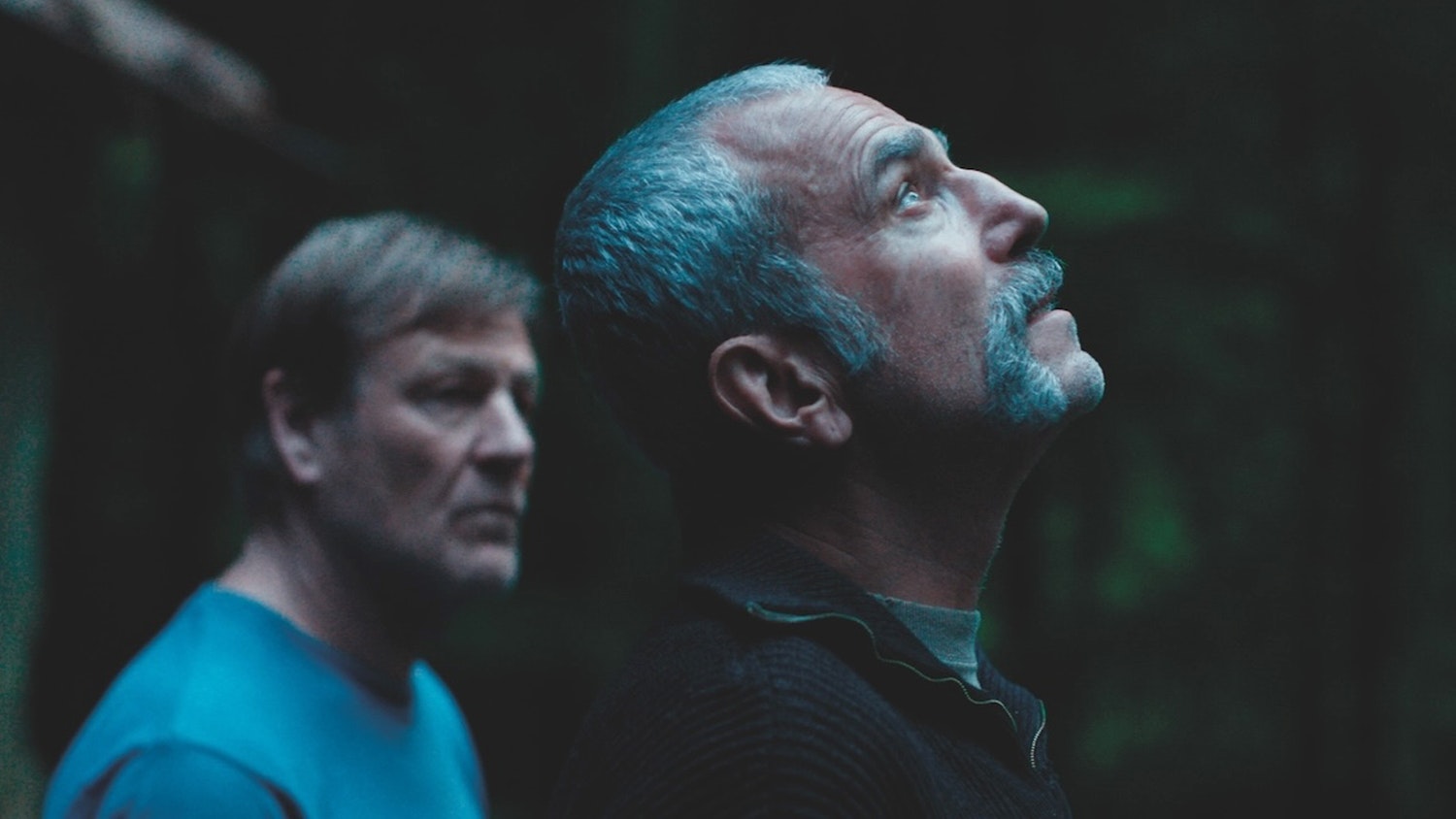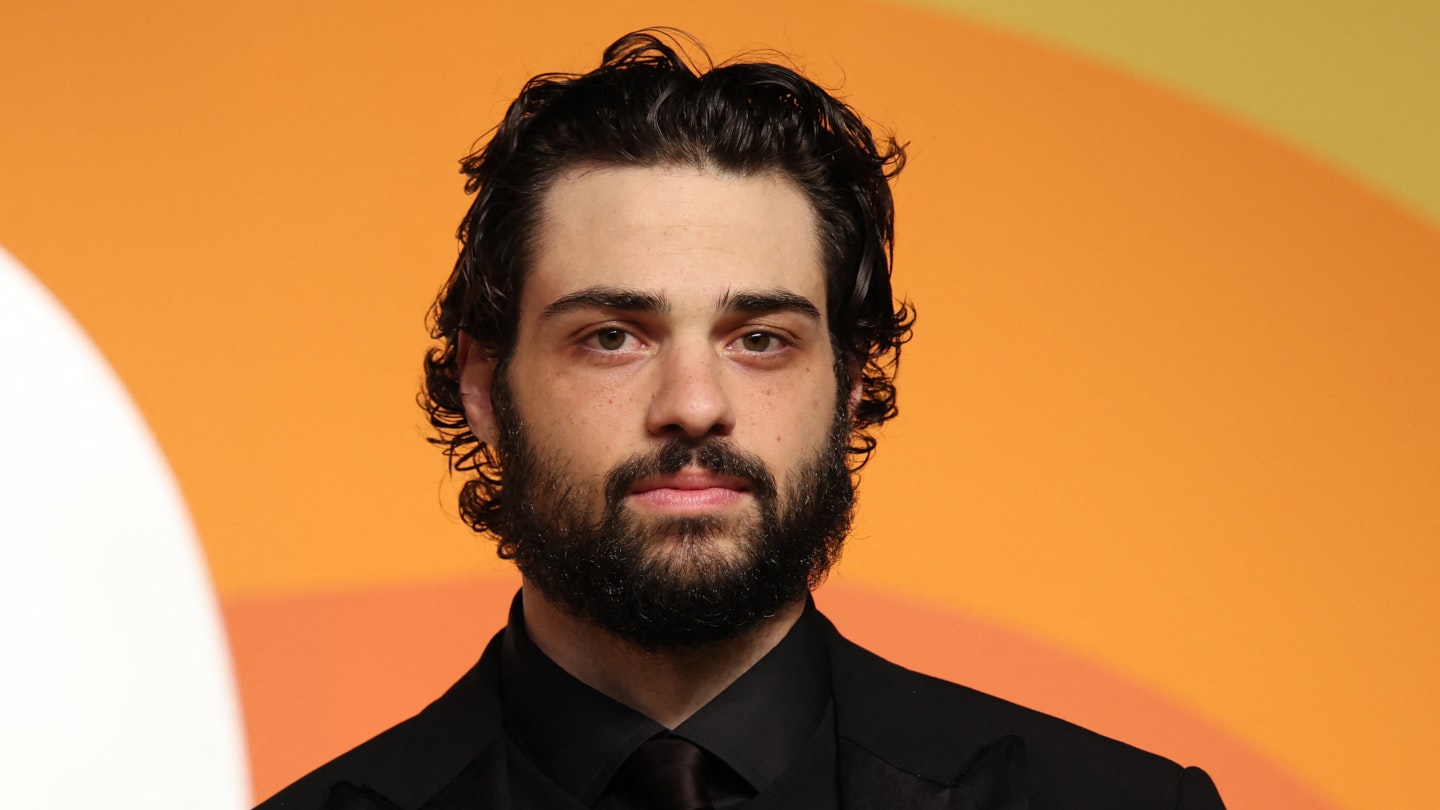Sorry, Baby
Unlike a fair few recent cinematic reckonings inspired by the MeToo movement,...

Unlike a fair few recent cinematic reckonings inspired by the MeToo movement, Eva Victor’s self-starring directorial debut Sorry, Baby is devoid of sensationalism. Instead, it strikingly chooses to keep its more disturbing moments — no matter how pivotal — off-camera. Steering well clear of over-the-top drama, Victor — who rose to Twitter fame with a series of wryly hilarious videos circa 2019 — never loses their nimble touch in what is a bracingly fresh, thoughtful and tenderly funny debut.

Broken into three chapters, Sorry, Baby begins at the end, when young, talented academic Agnes (Victor) has her old roommate Lydie (The Rise Of Skywalker star Naomi Ackie) come to stay. This is “The Year with the Baby”, a title-card tells us: as Agnes’ college contemporaries buy houses, get promotions, get hitched or tick off other milestones with the big 3-0 looming, Agnes herself seems to be stuck in arrested development. She lives in the same house she and Lydie shared as students, works (she reveals ruefully) in the same office as her former tutor, and is in a no-strings-attached relationship with her sweet-natured neighbour (Lady Bird's Lucas Hedges).
Winding back time, we are then plunked down in “The Year with the Bad Thing”. Agnes is top of her class but also Professor Decker’s (Louis Cancelmi) teacher’s pet; he crosses more than one teacher-student boundary before, at his house one night, sexually assaulting her. What follows is a time-zigzagging account of how Agnes wades through a swamp of emotion in the event’s wake, with help from her unflappable bestie (Ackie, cannily cast and very much at home in her most understated role yet) and an irresistible feline friend.
But this is no trauma-triggered origin story — and it’s about so much more than the fallout from a harrowing event. The non-linear narrative helps to show how, even as the “Bad Thing” has informed her present day, Agnes’ life choices are definitely not ruled by it. This is sophisticated storytelling that still trusts its audience to pick up its cues: nodding to and debunking the “crazy cat lady” trope, wrestling with the world’s harsh realities, meditating on Agnes’ decision to go child-free and pondering the unfit-for-purpose-ness of the justice system. Attuned to life’s many contradictions, Sorry, Baby’s most poignant scene — where Agnes makes some acute, perceptive revelations about trauma — arrives over a delicious sandwich. Its dexterous balancing of light and dark is reminiscent of Manchester By The Sea, but Victor’s brand of solace-offering humour is all their own.
What's Your Reaction?











